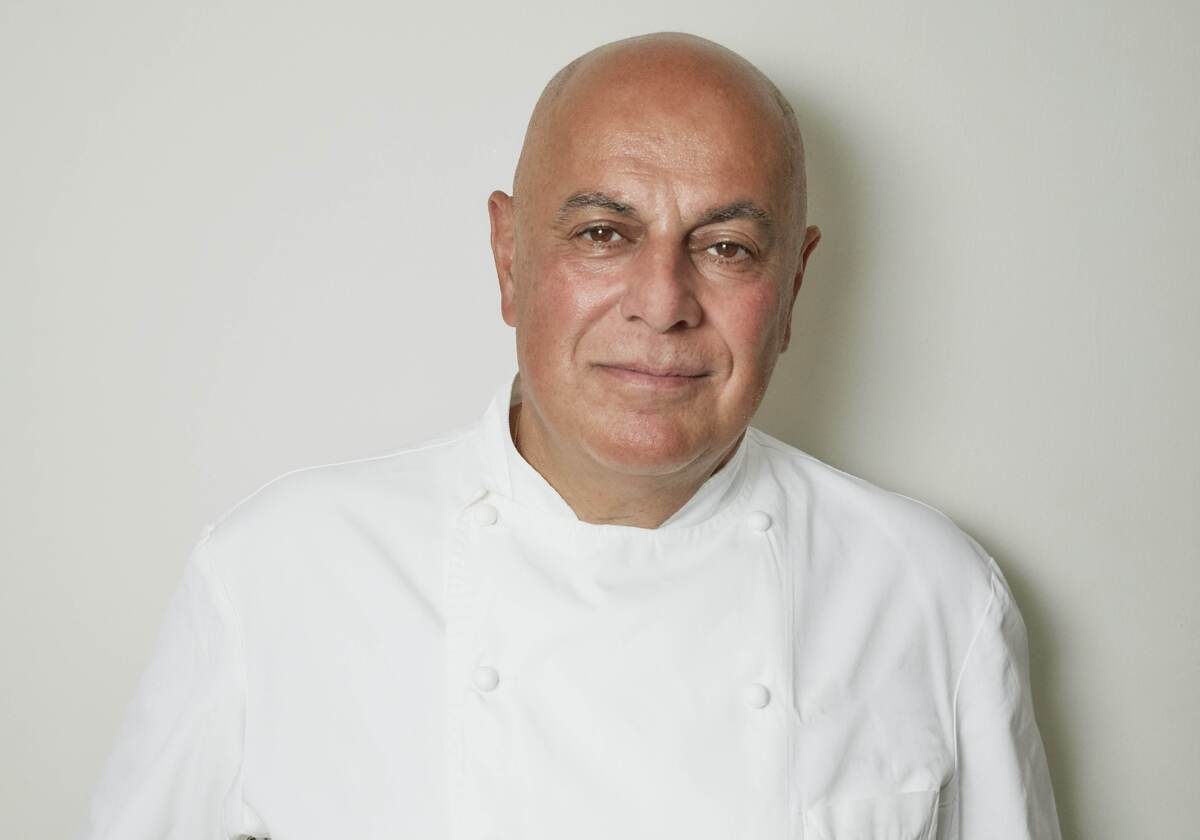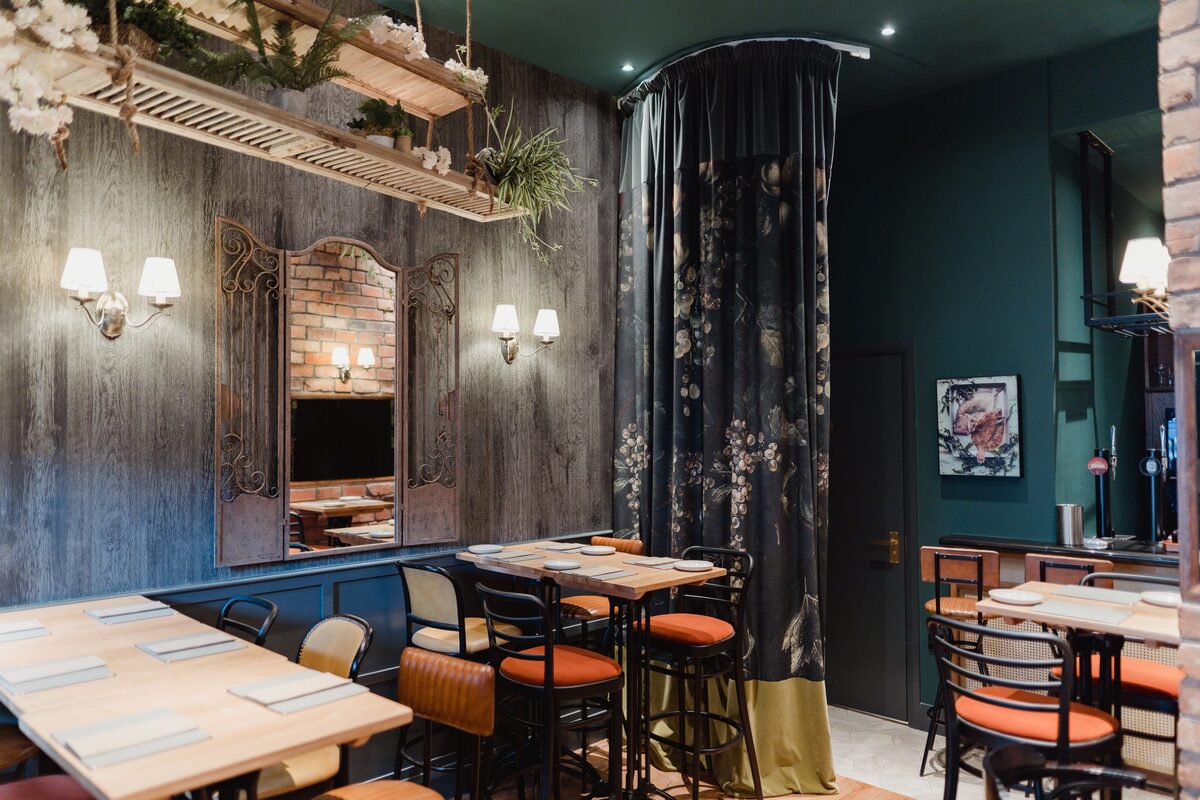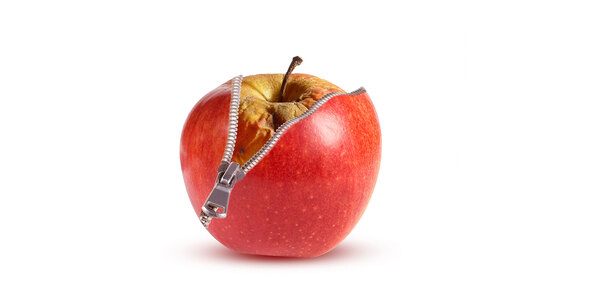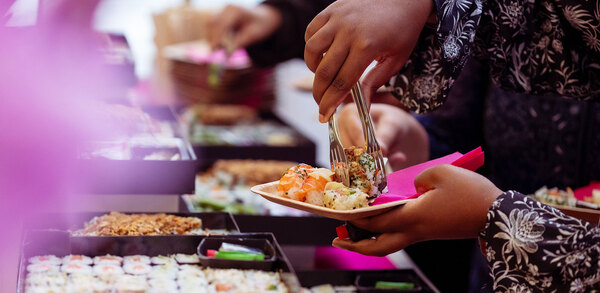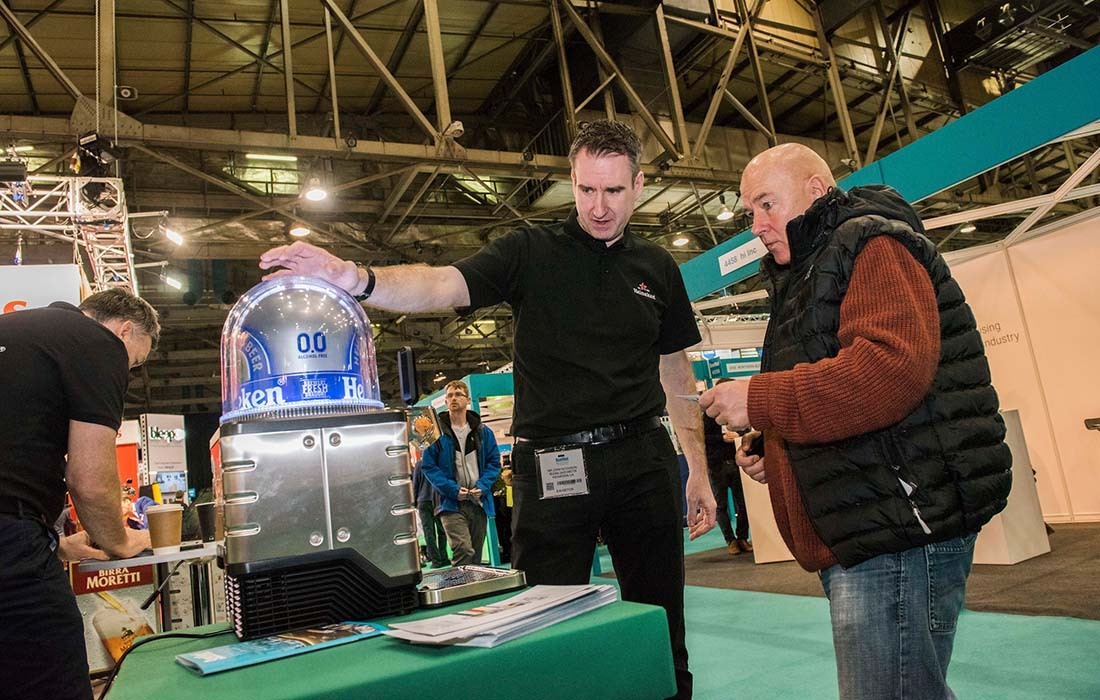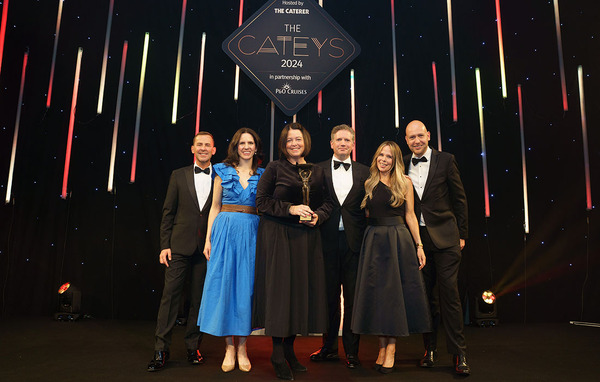Team-ups between Michelin-starred chefs and contract caterers
Every year another line-up of celebrity chefs sign partnership contracts with contract catering companies. So why does this type of unlikely alliance succeed and how is it evolving? Rosalind Mullen finds out.
The list of celebrity chefs who have rolled up to the doors of contract caterers reads like a Who's Who of culinary legends. Take Anton Edelmann at Sodexo's Director's Table, Michael Caines at Baxter & Platts, John Campbell at Wilson Storey Halliday, Gordon Ramsay at Aramark, Albert and Michel Roux at Compass well, you get the picture.
Let's face it, contract caterers and Michelin-starred chefs have never been obvious bedfellows, but as former Gordon Ramsay Holdings chef Jason Atherton follows hot on the heels of Tom Aikens to sign up with Compass subsidiary Restaurant Associates (RA), it's clearly a move that is gathering momentum.
Sue Thompson, director of business development and business excellence at RA explains how partnerships vary. "With Jason Atherton we will first work on a new corporate dining offer, whereas with our other consultant chefs [such as Aikens and Michel Roux Jnr], we have public restaurants; it is about working with chefs and their talents as and where is appropriate," she says.
Whatever the arrangement, contract caterers bring in celebrity chefs for two reasons: one is to drive up standards of training and to inspire young chefs, and the other is to raise their profile among clients. It's also a powerful recruitment aid - RA recently received an unprecedented 300 applications for a chef job.
Thompson believes it's a good PR exercise for the celebrity chef, too. "Not only does it provide a viable business avenue for them, but every new contract and every appearance at a client site, be it a masterclass, or cooking a dinner, further raises their profile, which helps to support their own businesses," she says. "It helps to keep their name front-of-mind and builds an industry- and consumer-wide reputation, which, when your name is a brand in itself, is important."
That would explain why Atherton, who departed as head chef of Maze in April and plans to open his own restaurant in Mayfair later this year, is helping to create corporate dining concepts for RA's high-profile clients.
This type of arrangement started back in 1993 when Le Gavroche duo Albert and Michel Roux sold their Roux Restaurants (now Roux Fine Dining) to Compass. Albert has held the role of consultant ever since. The other type of partnership is demonstrated by Aikens, who has just opened two public restaurants with RA at Somerset House in London, Tom's Kitchen and Tom's Terrace.
NO NEED TO SELF-FINANCE
For Aikens, who saw his two restaurants collapse into administration in 2008, it's a canny route to fronting a business without the headache of financing it. "The Tom Aikens Group has been keen to explore opportunities to expand the portfolio, and working with the team at Compass has enabled us to achieve that ambition," he explains. "Likewise, Compass is able to develop its operations."
Several chefs have found this a successful formula. Gary Rhodes was one of the first Michelin-starred chefs to front a fine-dining restaurant for a contract caterer - initially with Gardner Merchant (now Sodexo) in 1997, and then Compass in 2003. For the past 13 years it's provided him with both a career and a restaurant empire without much of the risk or capital outlay of an independently run operation (see Successful partnerships panel, left).
Peter Pitham, managing director of the Catering Consultancy Bureau, comments: "I have no evidence that [these] chefs are better off, but a brilliant chef can make a lousy accountant. Resources at companies such as Compass, Sodexo and so on, allow chefs to focus their creative talent in a measured way."
But Compass is one of the few contract caterers to offer this opportunity. As well as Aikens, Michel Roux Jnr is fronting the caterer's Roux at Parliament Square restaurant in London as part of a 10-year contract with the RICS worth £30m. Under the contract, RA operates the RICS staff restaurant, manages a venue service and runs the public fine-dining restaurant while the menus are created by Le Gavroche. The kitchen also provides a dish of the day for the staff restaurant and may ultimately provide in-house stages for young chefs.
Pitham, who helped manage the tender process, advised the client that the site would work best in a recession as a public restaurant with a "name" above the door. He concedes RA was up against some serious competitors, but its ability to bring in Roux Jnr, who was already on board as a consultant, helped secure the contract. Meanwhile, any cynicism that Roux Jnr surely has his hands full at Le Gavroche are dismissed. "The Roux name is above the door," points out Pitham, "so there is their reputation at stake."
However, consultants speculate that while some celebrity chefs do inspire and train contract catering brigades, in reality the standard of cooking in the average staff restaurant sees little improvement. One former major player who is no longer pursuing the fine-dining restaurant route is Sodexo, where the trend seems to have run its course since the days when Rhodes and fellow Michelin-starred chef Anton Edelmann ran its restaurants.
Culinary director David Mulcahy explains: "My agenda is training and development and I am looking at whatever it takes to get us to that. You can spend a lot of money on a name, but I'm not sure how far they go into the business to train." As a result, consultant chefs are given a clear remit. Take, Paul Rankin, who runs Cayenne in Belfast, and works with Sodexo's education division. His task is to improve the craft skills of Sodexo's chefs by holding masterclass training sessions each term to launch one or two new dishes.
APPROPRIATE CHEFS
In the past 18 months Mulcahy has developed a number of similar relationships that fit different divisions of the business and are closely monitored. "Our approach is that we have a number of segments and different types of customer so having one celebrity chef doesn't work. I set out to motivate our staff using appropriate chefs in those areas," he says.
Among those that Mulcahy says have "breathed life into our people" is Pierre Koffmann, who consults on menus for Sodexo's prestigious corporate services division, boosts Sodexo's image by cooking for top clients and gives masterclasses on underused cuts of meat at craft level. Similarly, at Ascot recently, a brigade of Sodexo chefs cooked under Michel Roux and the Waterside Inn banner, having been trained in the restaurant's kitchens in the run up to the event. "It's a great opportunity for young chefs," says Mulcahy. More offbeat, he invited Chinese TV chef Ching-he Huang to give masterclasses on cooking Chinese street food - a trendy style of cooking that suits university contracts. "It wouldn't fit everywhere," says Mulcahy. "That's my point."
But not all celebrity chef relationships work, though it's hard to get either side to admit to this. More cynical observers speculate this is particularly true when the appointment of a celebrity is used purely as a PR exercise or to distract potential clients from poor performance. More often than not, though, there simply isn't a meeting of minds between caterer and chef.
As Thompson says: "Relationships only work when both parties share ideas and have a mutual understanding about food style, quality, service and ingredients." Chefs, in particular, need to guard their reputation. "To join a caterer and then have to raise the market's perception of its food offer is an unattractive proposition and one that could damage a chef's name," says Thompson. "A contract caterer must offer an element that will help to further raise the chef's profile and reputation both within the industry and with the public."
Pitham, at the Catering Consultancy Bureau, says that a turnover of consultant chefs is understandable. "The caterers need to ensure the chefs do the work they are there to do, such as training," he says. "Similarly, the chefs need to be careful they are not taking their eye off the ball in their own restaurants."
However long it lasts, if a contract caterer can make the relationship work it sends out a powerful message to potential clients that the company takes the quality of food and innovation of culinary techniques seriously. In turn, it encourages high-profile clients to seek Michelin-standard food in their corporate boardrooms. "Foodservice is making huge strides and this can only be a benefit," Pitham concludes. "Not every young chef can work in fine-dining."
10 TIPS ON MAKING THE PARTNERSHIP WORK
1. The chef should be given a defined role, with a number of activities planned over a specific time
2. The contract caterer needs to manage the relationship and both sides need to continually question what they are getting out of it
3. Both sides must have open and honest discussions
4. The brand and image of the caterer and chef must be aligned
5. High-profile chefs must be able to have confidence in the company, its chefs and the standards that already exist in order to protect their own reputation
6. There needs to be a marriage of skills on both sides to ensure there is a mutual understanding about the food-style, quality, service, integrity and ingredients
7. The caterer must offer some element that will help to further raise the chef's profile and reputation, both within the industry and with the public
8. The chef needs to understand the business he or she is getting into to avoid frustration
9. Contract caterers shouldn't expect too much and should bear in mind that consultant chefs usually have their own business to run, too
10. Caterers should choose a chef who is passionate about developing young people
SUCCESSFUL PARTNERSHIPS
Albert Roux and Compass
In 1993, Albert Roux and his brother Michel sold Roux Restaurants to Compass, subsequently renamed Roux Fine Dining. Albert remained as a consultant, despite running Le Gavroche, and now works across the group at events such as Wimbledon and Henley Regatta. In 2008, he partnered Compass for the opening of Brasserie Roux at Sofitel London Heathrow, Terminal 5. In 2005, Albert's son, Michel Roux Jnr, was bought in to act as a consultant. He recently opened public restaurant Roux at Parliament Square with Restaurant Associates.
Gary Rhodes and Sodexo (then Gardner Merchant)
Gary Rhodes was one of the first chefs to link up with a contract caterer - initially with Gardner Merchant (now Sodexo) in 1997, then Compass in 2003. With Gardner Merchant, he opened two public fine dining restaurants in London - City Rhodes and Rhodes in the Square - both of which won Michelin stars. In 1999, a chain of brasseries called Rhodes & Co opened in hotels and department stores in cities such as Manchester and Liverpool. The partnership was dissolved in 2003 when poor trading results prompted Sodexo to concentrate on its core business.
Gary Rhodes and Compass
Rhodes joined as a consultant in 2003 and now helps operate two Michelin-starred restaurants with RA - Rhodes Twenty Four and Rhodes W1 - as well as Rhodes Brasserie. "Working closely with RA over the past seven years has been a great success," he says.
David Cavalier and CH&Co (formerly Charlton House)
This is a slightly different relationship in that David Cavalier is employed by the caterer as food director. Having previously notched up five Michelin stars, he now sets standards in training and service for the independent company, which is particularly strong in executive boardroom contracts.



